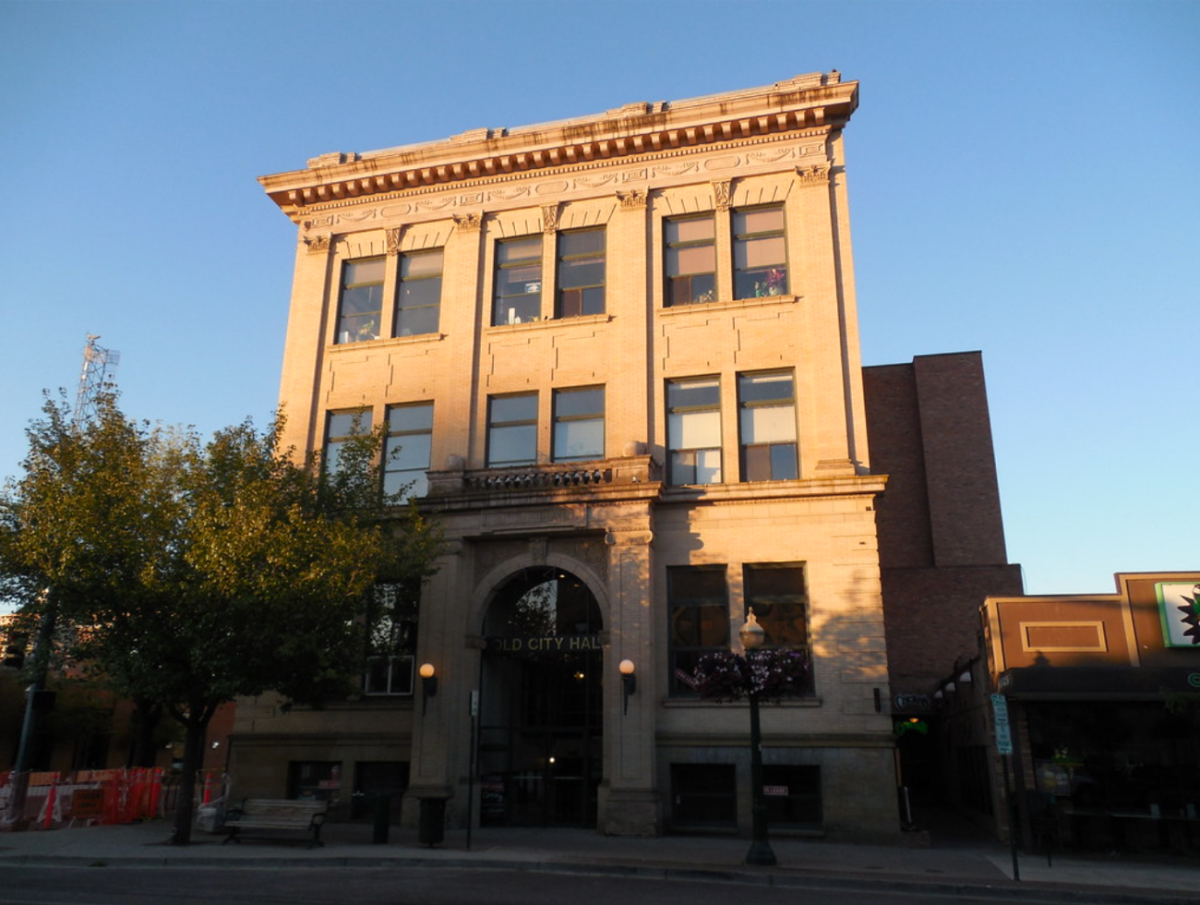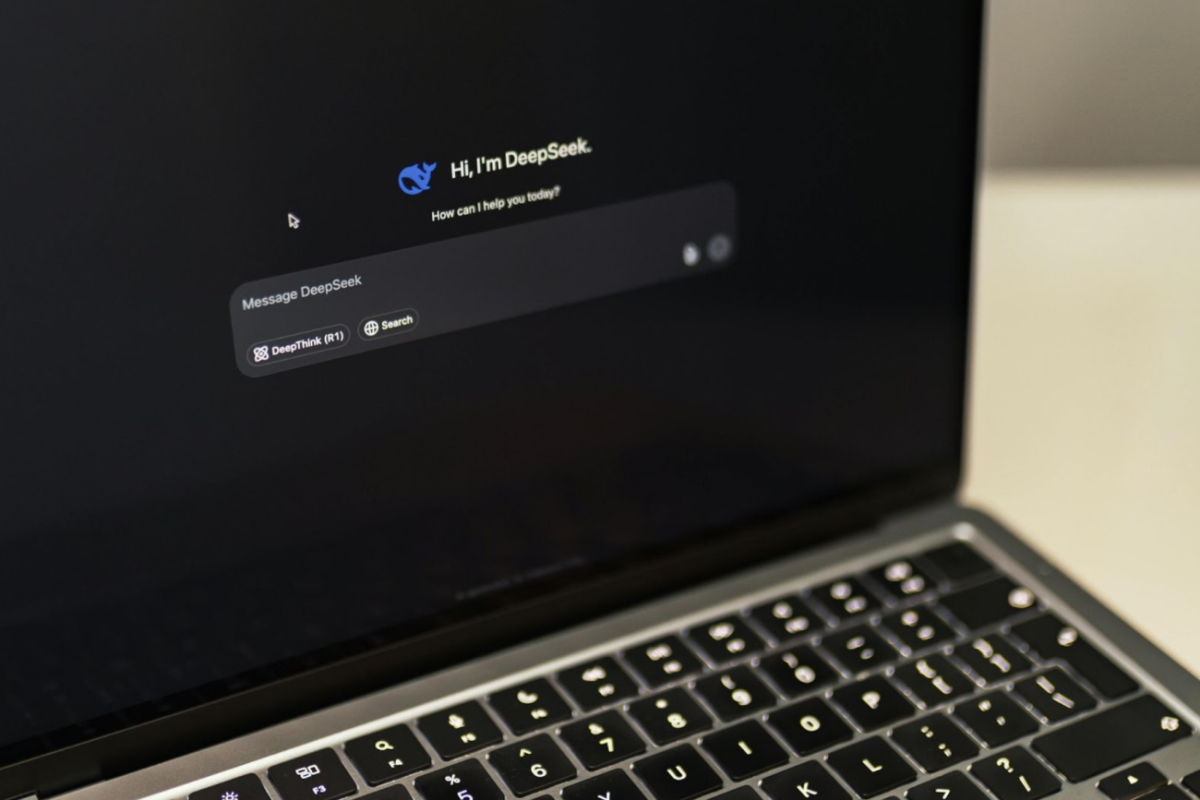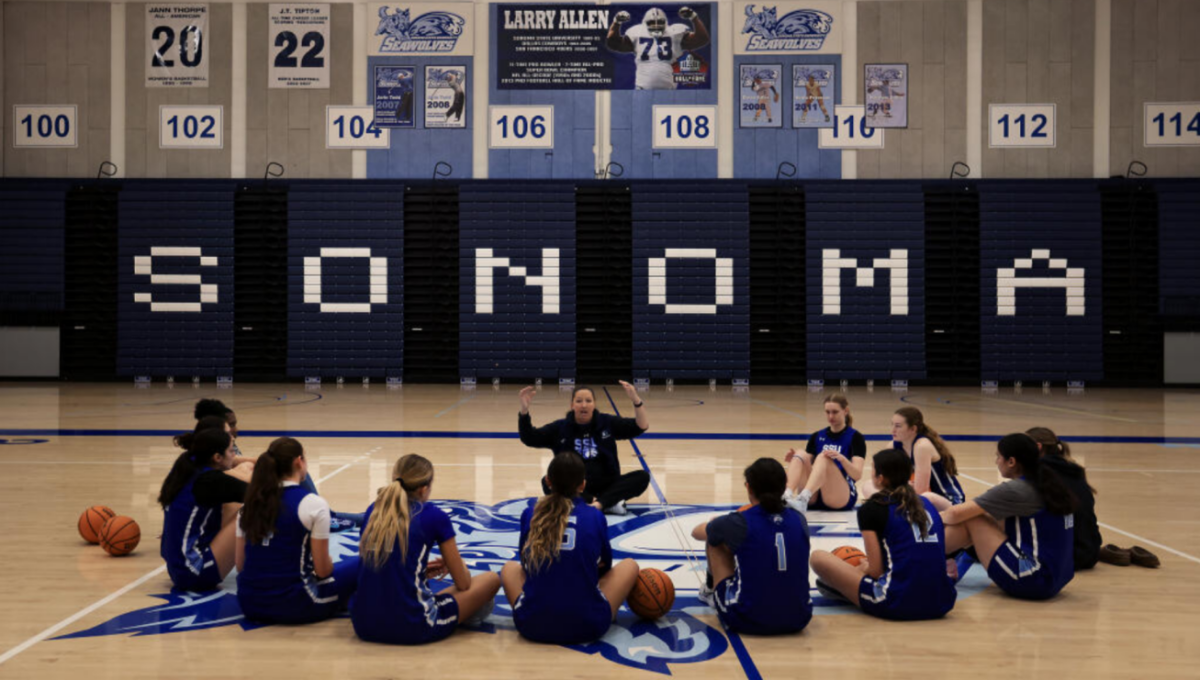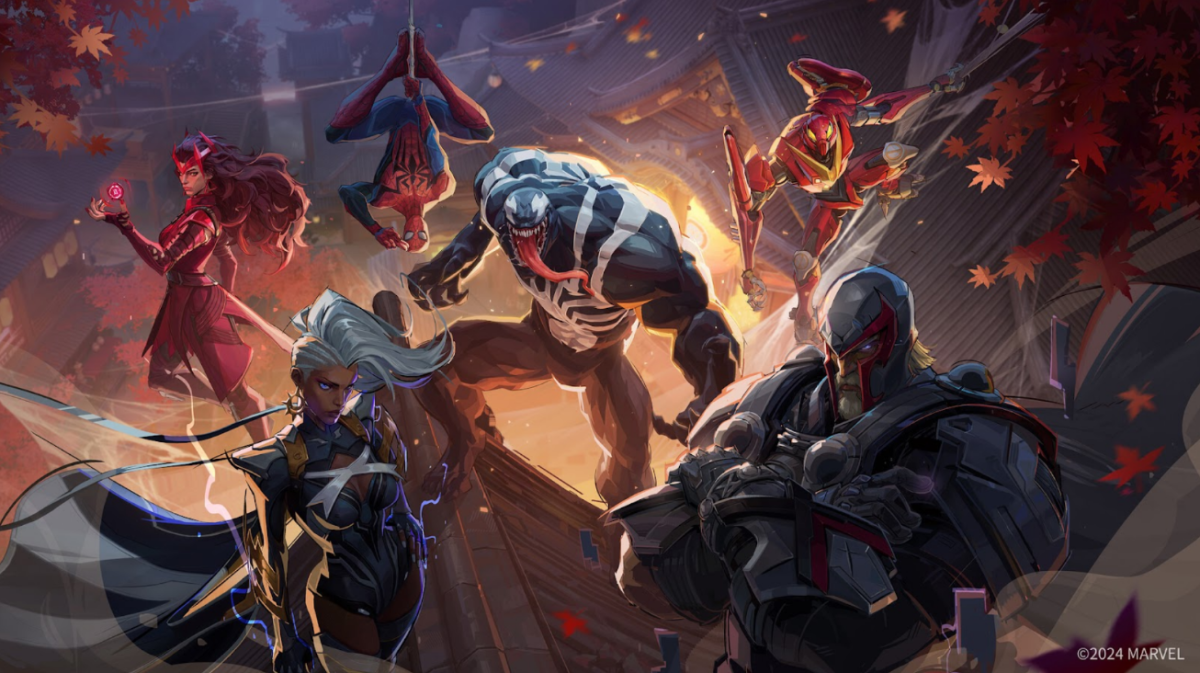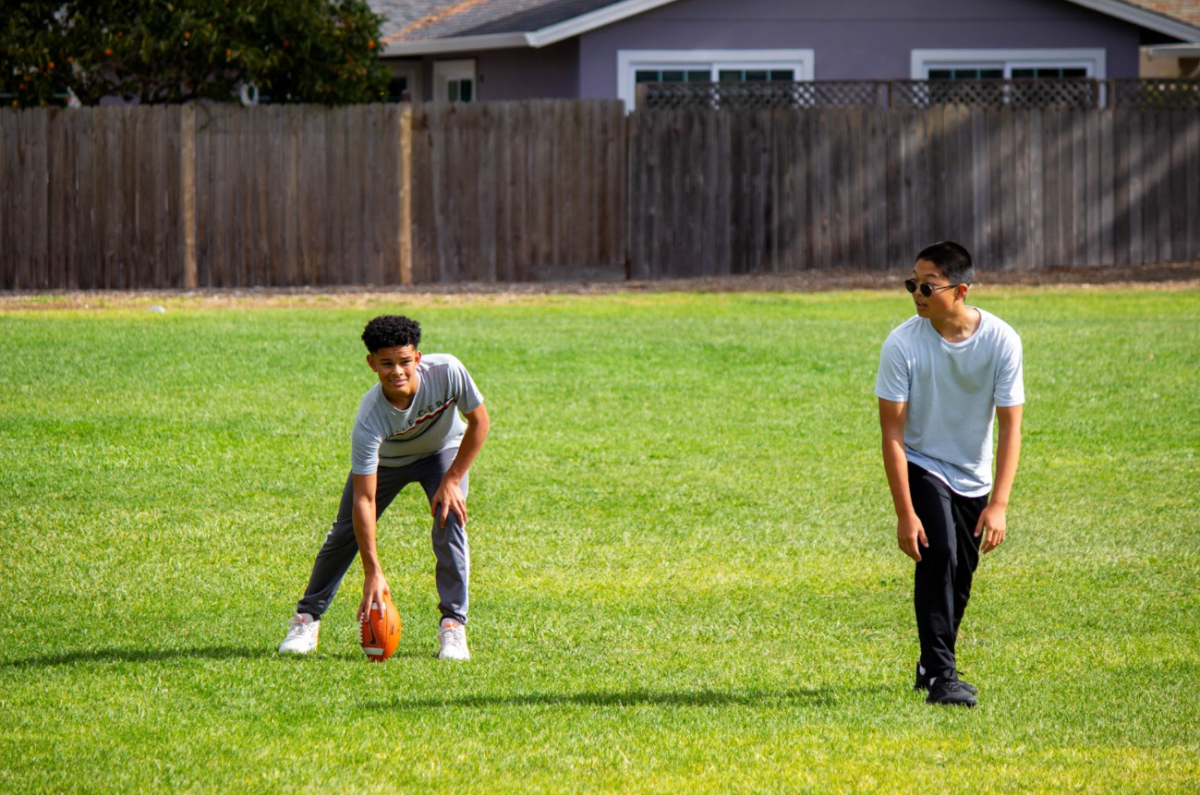There are so many different careers and opportunities these days. Today, our world has made so many dreams come true, from being a doctor, teacher, architect, police officer, and so many more.
Michaelann Thompson is a very dedicated woman to her job. She is a registered nurse in a foot clinic and has been taking pride in her work for around 18 years. Before she decided on a nursing degree, she studied early childhood development and went on to college for a teaching degree. After learning more about nursing, she began looking at schools, got into the nursing program at 23 years old, and graduated at 26.
Thompson works at a podiatric clinic, where she mainly works with diabetic individuals who struggle with foot health. These people are at higher risk for injuries because they cannot feel the nerves in their feet and won’t notice wounds. She works alongside podiatric doctors (doctors who specialize in feet) in order to take care of people who have sensory issues on their feet to avoid necessary amputation. Thompson spends 15 to 30 minutes per appointment with a patient where she gives advice for their care and tends to their wounds.
This job has a very flexible schedule which works well for her and her kids. The pay is very good, so she never has struggled financially. She began this journey at the SRJC, where she earned her associate’s degree. After this, she transferred to Sonoma State, where she began the teaching program and then transitioned into nursing. There is a fair amount of competition in the nursing program itself, but nurses are still needed at places like a critical care unit or the ICU where they are very valuable.

Thompson works with Kaiser which provides good benefits and protection for her. Some things that make this work challenging are the disconnect between people who work with patients and those who work in offices. Different policies make it difficult for her to care for her patients in the way she sees fit. The connection between the doctors and nurses and everyone in the hospital or clinic is amazing and everyone is super nice and understanding.
Thompson believes that “There is literally an infinite amount of abilities within nursing as far as like work. Anything you could possibly imagine there is a job for nurses. If it has to do with insurance companies who hire nurses and the nurses will go through documentation and do billing and such. Nurses work in research and finding new solutions, new medicines, new treatment plans. Nurses work in weird places like summer camps and even like in the race car industry. It is not something you would think would be stereotypical positions. Nurses are everywhere.” She believes that even if you want to be a nurse but don’t want to work in the hospital, there are many more options.

Anjali Santhanam is a very extroverted, driven character. She spends her off time baking and cooking, swimming, and playing basketball. With her other time, she works at Medtronic as an R&D engineer. She went to a project-based high school, not very focused on STEM, which made her college years more difficult. Her first choice was always looking at R&D (research and design) engineering which she first gained interest in at the age of 18.
An R&D engineer is basically a biomedical engineer. Santhanam has been working as a junior engineer for about a year. She does a lot of hands-on work to design medical devices, typically the tricuspid side of the structural heart.
On a daily basis, she works on a couple of sub-projects at the same time and it usually consists of emails and logistical stuff then she begins working on some projects. Usually, she is in the lab, either gathering data or testing. She got her degree in Biomedical and a minor in Math. After that, she did some internships at a hospital and some smaller companies. She went to Columbia. While she never had competition with other students, she experienced struggles with the state of the economy at the time. This career is difficult to be successful in, and the biggest challenge is the work involved. The community at these careers is very friendly. She gets a lot of time during the day to work on physics or math.
Santhanam believes that it’s “Never too late to turn to a STEM career, you don’t need all the fancy skills to break into the field. I felt so much imposter syndrome which I’m not sure why, even though I was qualified and I still felt under-prepared for a career I was fully prepared for. Don’t let that intimidate you.” Another thing she advised was “to make sure you find happiness and joy in what you’re doing.”


